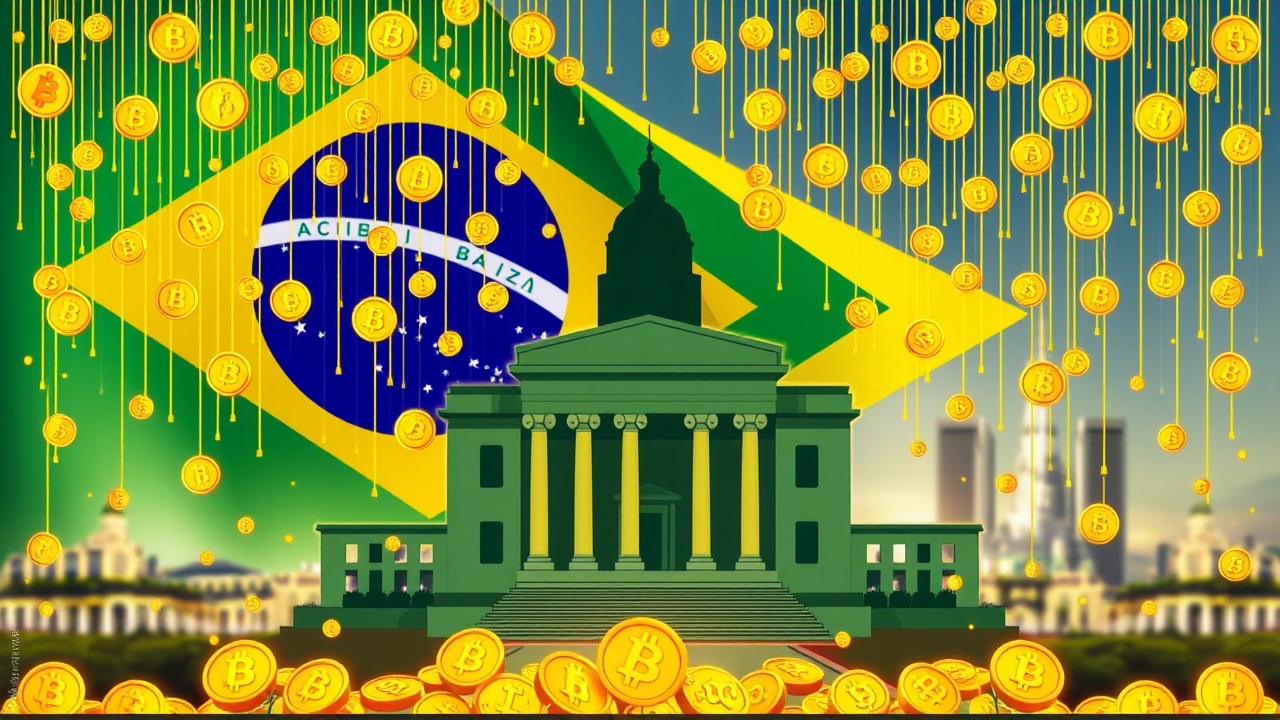Brazil’s Financial Governance Transformation
Brazil is positioning itself for a transformative change in its financial governance, as discussions emerge about potentially adding Bitcoin to its official reserves. Reports from local media indicate that the Central Bank of Brazil is expected to send a delegation to the upcoming Central Banking Autumn Meetings in Rio de Janeiro next month.
Dialogue on Bitcoin and National Reserves
During this gathering, high-ranking officials and reserve managers from various Latin American countries will discuss the role of Bitcoin (BTC) and other cryptocurrencies in enhancing national reserves, alongside considerations of stablecoins and central bank digital currencies.
The event aims to facilitate a dialogue among financial authorities, focusing on strategies to adapt to the evolving global economic landscape. A significant part of the agenda will revolve around evaluating how Bitcoin could be incorporated into sovereign reserves, with Brazilian delegates likely to connect with their counterparts from nations including Colombia, Jamaica, and the Bahamas.
Legislative Initiatives and Strategic Resources
This momentum follows previous legislative initiatives in Brazil, where lawmakers have engaged in discussions about establishing a $19 billion sovereign Bitcoin reserve. They sought insights from various technical experts, advocating for Bitcoin as a protective asset against inflation and a valuable strategic resource on the global stage.
Global Trends in Digital Asset Adoption
As Brazil explores the feasibility of integrating Bitcoin into its reserve framework, this shift reflects a growing trend at the policy level towards digital assets. This initiative is part of a broader international movement, where several governments are contemplating similar strategies. For instance, the United States is actively working on a strategic Bitcoin reserve, which serves as a model for other countries contemplating the adoption of digital currencies as secure national assets.
In Europe, a recent proposal from Germany’s second-largest political party calls for the development of a national Bitcoin reserve, advocating for recognition of Bitcoin as a means to mitigate inflation and currency volatility. Moreover, nations across Asia and Latin America, including the Philippines and Pakistan, are progressing with legislative proposals to allow for strategic holdings of Bitcoin.
Changing Perspectives on Digital Currencies
These developments indicate a significant shift in the traditional views of central banks regarding digital currencies. Although currently only a handful of national banks hold Bitcoin as part of their reserves, the increasing interest signifies a comprehensive move toward the integration of cryptocurrencies into mainstream financial systems. A broader adoption of such policies across various nations could fundamentally change the global perception of digital assets in economic strategy.




